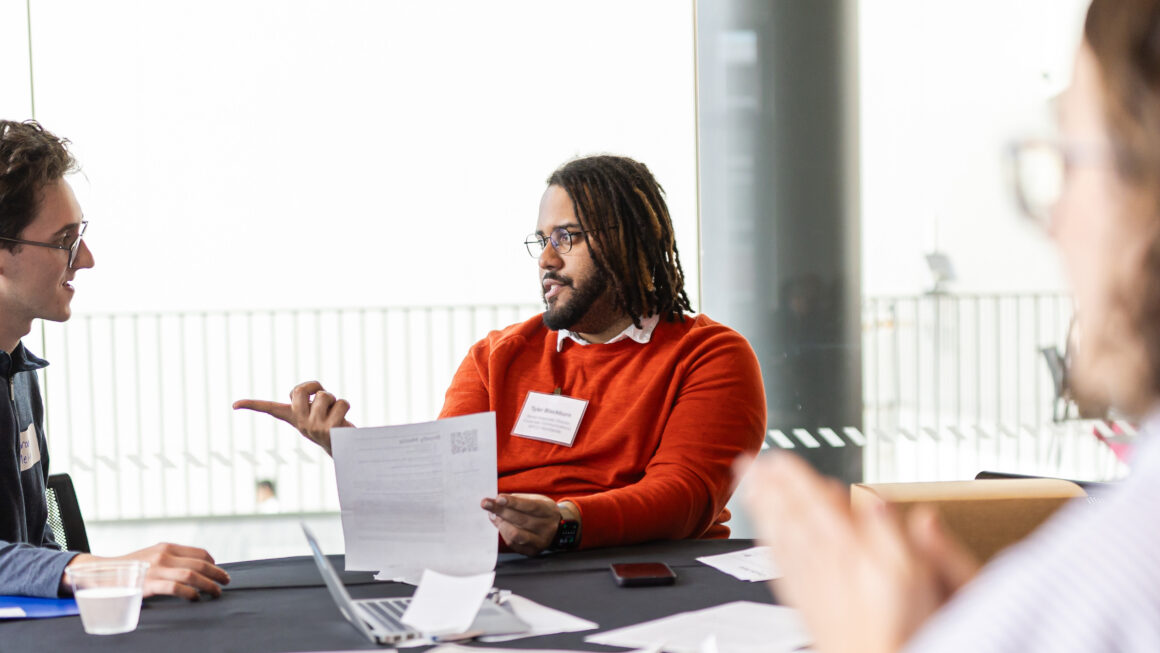Welcome to Open Access Week 2020, October 19-25. Open Access Week is always a chance for us to educate about what open access means and showcase ways in which the University Libraries promotes open access. This year has a special resonance, however. The disasters and reckonings of this year bring to light why open access research is so critical. For that reason, the International Open Access Week Advisory Committee has announced that the theme of this year’s Open Access Week is “Open with Purpose: Taking Action to Build Structural Equity and Inclusion.” The committee has asked participants to consider how existing business models or structures do or do not allow diverse, equitable, and inclusive participation in the scholarly conversation.
We’ve seen a few ways this has manifested this year: publishers are making COVID-19 content open access, and researchers are heavily relying on pre-prints to move scientific research about the novel coronavirus forward at astounding rates. On the other hand, some research materials that publishers made free in the spring to support remote learning has required payment to access again. Overall, libraries and their patrons are struggling to access all the materials needed to fully support remote learning in an equitable manner.
At Loyola, one of the major ways we support open access is through eCommons, Loyola’s institutional repository. Over the years we’ve grown the repository to include many different types of materials, but one of our largest and most used collections is the theses and dissertations written by Loyola students. Since 2012 we have posted 7,731 theses and dissertations, which have been downloaded 3,947,794 times. Most importantly, readers from 233 countries have downloaded theses and dissertations, which means that we are reaching a global audience, many of whom would have had no access to these materials in other ways. Feedback from international scholars who cited dissertations in eCommons in the past indicated that their libraries had no collections in those areas, and so they relied on open access to be able to continue their research.
The conversation around open access often gets stalled when we worry that by making research open, we take away opportunities from researchers. We have some examples of how open access can actually create a market for future publications by these students and keep their work relevant. One of the most downloaded dissertations in eCommons is the 2011 “Comics and Conflict: War and Patriotically Themed Comics in American Cultural History From World War II Through the Iraq War” by Cord A. Scott. This was published as a well-reviewed book in 2014, and now appears on social media and as a source on Wikipedia.
Making our structures more diverse, equitable, and inclusive is a long-term effort. No one project or program can do that, but we hope that the conversations and ideas sparked by Open Access Week inspire us to keep the work up. This year we are offering a workshop called “Sharing Your Scholarship in the Remote Conference Era”, which will be held Wednesday, October 21 at 4 PM. Register here to get the event link and password.

